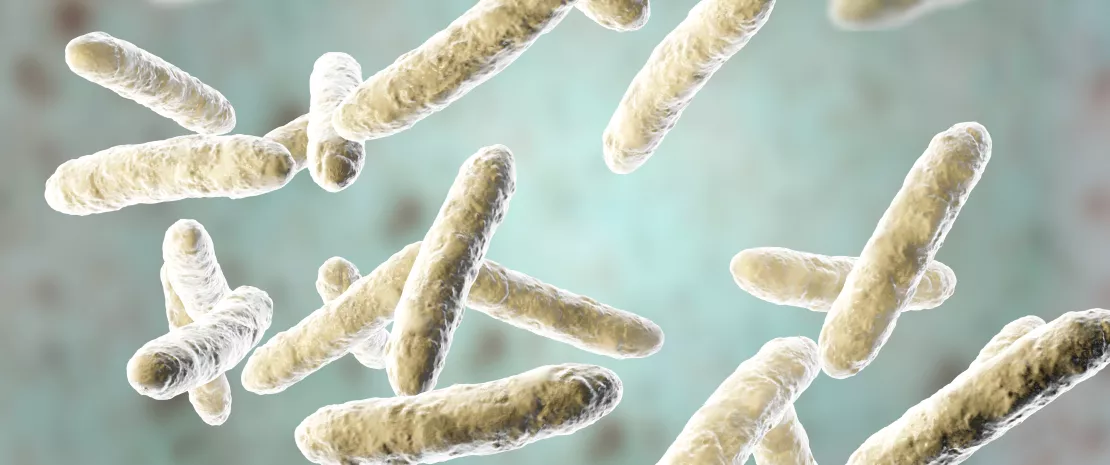High-tech capsule to sample the gut microbiota
Which bacteria live in your small intestine? Which colonize your colon? To learn all about the populations hosted in our gastrointestinal tract, swallowing a smart capsule packed full of high-tech could be enough.
- Learn all about microbiota
- Microbiota and related conditions
- Act on your microbiota
- Publications
- About the Institute
Healthcare professionals section
Find here your dedicated section
Sources
This article is based on scientific information

About this article
To identify the bacteria living in our intestines, the method more frequently used consists in collecting stool samples. Although this technique has the indisputable advantage of being simple and non invasive, it also suffers from an obvious limitation: it only offers a residual insight into the gut microbiota but it does not give an account of the very different populations living throughout our gastrointestinal tract.
Targeted sampling
But things could very well change soon. In July 2019, an American team announced the development of a 3D printable capsule, that, once ingested, could find out everything about the gut microbiota, or more precisely, the different gut bacterial populations. Once a protective layer is dissolved in the small intestine, this encapsulated mini-laboratory takes bacteria samples surrounding it based on a system that does not require batteries. The capsule follows the same path as food, carried by natural intestinal movements, but thanks to a magnet it can be precisely placed in the specific region to be studied. To avoid losing this technological marvel “on its way out”, it is colored with a specific dye that turns fluorescent under a UV lamp..
Clinical trials should be soon conducted in humans
Of course, the capsule was thoroughly studied, first in test-tube experiments (in vitro) and later in pigs and primates (in vivo), in order to confirm it was able to identify the different bacterial populations in the various digestive segments, as well as their relative abundance. The only thing left to do is to carry out clinical trials to determine whether the capsule could also be used in humans for clinical purposes.
Understanding the distribution of the microbiota
“We learn more and more about the role of the gut microbiota on health and diseases”, explained Sameer Sonkusale, Professor of Electrical and Computer Engineering at Tufts University, and co-author of the study. “However, we know very little about its biogeography”, i.e. the distribution throughout the gastrointestinal tract. “This capsule will make it easier to understand the role of spatial distribution of bacterial populations within the gut microbiota in order to develop new therapeutic strategies.”
Sources:
Nejad HR, Oliveira BCM, Sadeqi A et al. Ingestible osmotic pill for in-vivo sampling of gut microbiome. Advanced Intelligent Systems. 2019
Photo credit : Nano Lab, Tufts University













